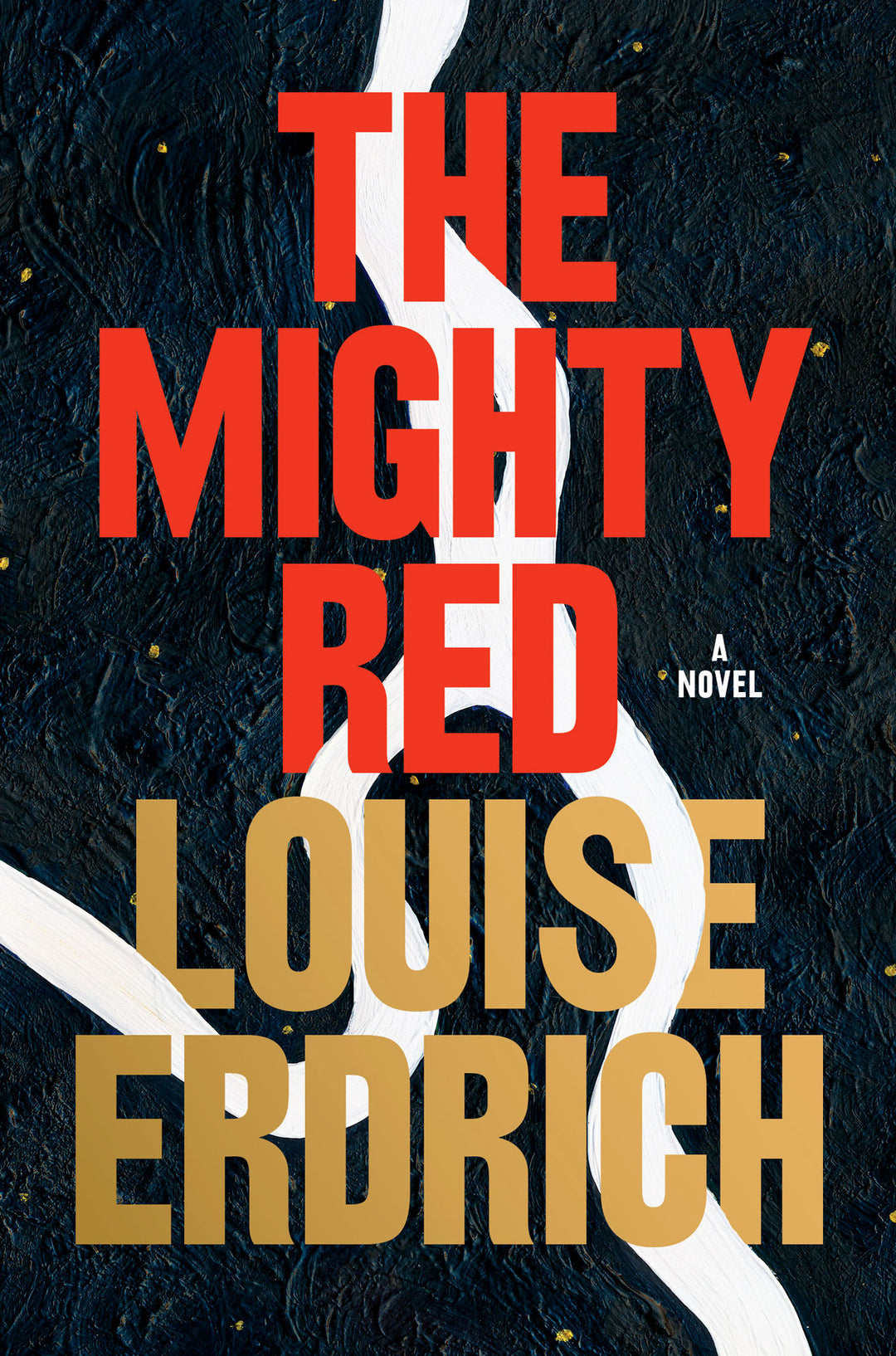Texamachismo: The Son and The Boy Kings of Texas

Sometimes a busy woman has a ecstatic but sinking feeling as she reads the first chapter of a book -- a sort of Can't Quit You Baby knowledge -- no matter what the cost to others in the household I will be reading this wonderful book for the duration. I will be lost in the book, stay up late for this book, pick it up first thing in the morning, let my own work go or be late for work. Such is the power of certain books. The Son, by Philipp Meyer got me right away and then nearly lost me with a rape and pillage scene of violence so viscerally brutal I tried to push away the book -- but then picked it up again and was hooked.
Comanches, who later have a complex utterly authentic, even funny, starring role in this book, raid a settler family early on and kidnap two brothers. One survives. Eli McCoullough goes on to deliver one of the most absorbing, fully realized, captivity narratives I've ever read. Meyer is a tough minded, hard working, graceful writer. Much as John Tanner recounts in the narrative of his captivity, Eli becomes fully immersed, a Comanche, which was the point of captivity. He becomes part of his new family and defends it ferociously. His story, researched with obsessive zest and crackling with furious attention to detail, drives this book. This is a family history told through diaries, WPA recordings, and omniscient observation. Jeanne Anne McCullough's merciless femininity is thoroughly satisfying. Peter McCullough's diaries tell a wrenching story of murderous white neighbors and the massacre of the Garcias, girls and men. The violence is equally shared among the various cast members as the family history charges along, taking no prisoners.
I read over and over the pages of workmanlike description that give this book such admirable depth -- "A fancy or unusually good bow was worth two or three horses. They were all about a yard in length . . . and backed with the spine sinews from a deer or buffalo . . . if times were good -- if our warriors were not being killed and their equipment not being lost on raids -- the bowyers would take their time and their bows would be the stuff of legend. Arrows were no different. It could take half a day to make one just right." Through Eli's compelling character, Meyer is able to narrate what we know will happen -- the last years of Comanche power, the horror of smallpox, the fact that Indians helped hunt each other down -- solidarity did not reach past tribal boundaries. Adventure, history, cruelty, love -- it is all here and Meyer has the passionate discipline to tell it this big but never sprawling, ambitious, well crafted novel.
As long as we're in Texas, I just finished The Boy Kings of Texas by Domingo Martinez. Again, once I was in this book it was goodbye family, I am reading. Domingo narrates his vivid, moving memoir with rueful wit and surprisingly, given the many betrayals in this family, no spite. Some hatred, okay. But no spite. Oh the familiar craziness of it all. The callings out, the vicious fights, the family brutalities, the helpless and overwhelming love of drunken men expressing drunken love. There is a reason that English has colonized the words macho, macha, and machismo -- there isn't anything quite like it anywhere except on reservations and urban Indian worlds where an insult can drive family members to such rage they will gladly kill for honor. (Okay -- I'll have to think this through more thoroughly) Reading through this tempestuous struggle of a life I rooted for Domingo. I feared he would not get out. I thought he'd always live in Brownsville prey to raging uncles, a devilish Grandma, and yeasty Budweiser. I worried about this even though I'd just met Domingo. We were at Concordia College, in Minnesota. We talked with classes and were jointly interviewed. He was very well dressed, but not for Minnesota. I wanted to put a parka on him but he looked too nice -- his jacket matched his gloves and his gloves matched each other. (I only buy black gloves and socks so I don't have to really match accessories anymore.) I recommend this book to everybody who has known the heart of a little boy shucked clean during the rapid onslaught of beer-fueled manhood. And just to mention again -- this book is frequently very funny.
May I also mention Rules of Civility, by Amor Towles. A terrific novel about a WOMAN. And as I'm running out of space Maki has grabbed Vampires in the Lemon Grove, by Karen Russell in a bid to review it in his column -- the dog.
Yours for books,
Louise






